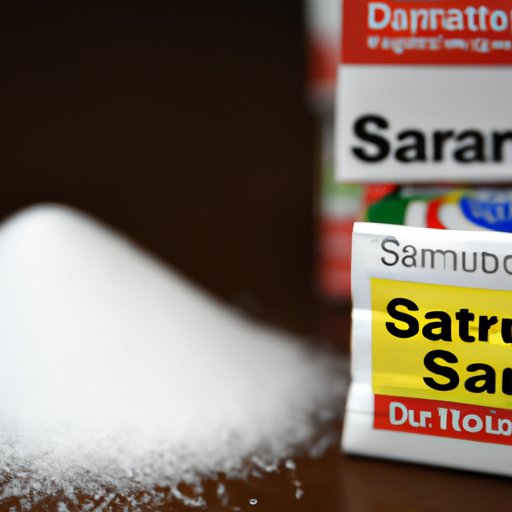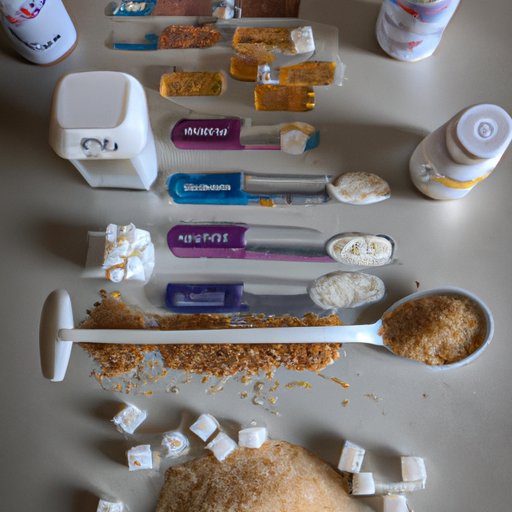Introduction
Artificial sweeteners are synthetic food additives designed to provide a sweet taste without the calories associated with sugar. These low-calorie or zero-calorie sweeteners are often used in place of sugar in foods and beverages, including diet sodas and other sugar-free products. Despite their popularity, there is growing concern about the potential health risks associated with artificial sweeteners.

Potential Health Risks of Artificial Sweeteners
A number of scientific studies have linked artificial sweeteners to adverse effects. While further research is needed to fully understand the potential long-term implications, it is important to be aware of the potential risks.
Impact on Blood Sugar and Insulin Levels
Artificial sweeteners may affect blood sugar and insulin levels by disrupting the body’s natural response to sweetness. Studies have found that consuming artificial sweeteners can lead to a decrease in insulin sensitivity and an increase in fasting glucose levels. This can result in higher levels of insulin over time, potentially contributing to type 2 diabetes.
Effects on Gut Health
In addition to impacting blood sugar levels, artificial sweeteners may also have an effect on gut health. Studies have shown that artificial sweeteners can alter the composition of beneficial bacteria in the gut, leading to an increased risk of obesity and metabolic syndrome. Further research is needed to better understand how artificial sweeteners may affect gut health.
Relationship to Cancer
There is some evidence to suggest that artificial sweeteners may be linked to certain types of cancer. Studies have found that consuming large amounts of artificial sweeteners may increase the risk of bladder cancer, although the exact mechanism is not yet known. It is important to note that more research is needed to fully understand the potential link between artificial sweeteners and cancer.
Weight Gain and Food Cravings
In addition to the potential health risks outlined above, artificial sweeteners may also contribute to weight gain and food cravings. While artificial sweeteners are often touted as a way to reduce calorie intake and aid in weight loss, studies have found that regularly consuming artificial sweeteners may actually lead to weight gain.
Role of Artificial Sweeteners in Weight Gain
The exact mechanism behind this phenomenon is not yet understood, but one theory is that artificial sweeteners may disrupt the body’s ability to regulate calorie intake. By confusing the body’s natural response to sweetness, artificial sweeteners may lead to an increase in calorie consumption.
Potential Influence of Artificial Sweeteners on Food Cravings
Another potential reason for weight gain is that artificial sweeteners may trigger food cravings. Studies have found that consuming artificial sweeteners can lead to an increase in sugar cravings and an overall preference for sweeter foods. This could lead to an increase in calorie consumption, resulting in weight gain.
Conclusion
While more research is needed to fully understand the potential health risks of artificial sweeteners, it is important to be aware of the potential dangers. Studies have linked artificial sweeteners to an increased risk of type 2 diabetes, alterations in gut health, cancer, and weight gain. In addition, artificial sweeteners may trigger food cravings, leading to an increase in calorie consumption. To limit exposure to artificial sweeteners, it is recommended to opt for natural sweeteners such as honey or maple syrup whenever possible.
(Note: Is this article not meeting your expectations? Do you have knowledge or insights to share? Unlock new opportunities and expand your reach by joining our authors team. Click Registration to join us and share your expertise with our readers.)
